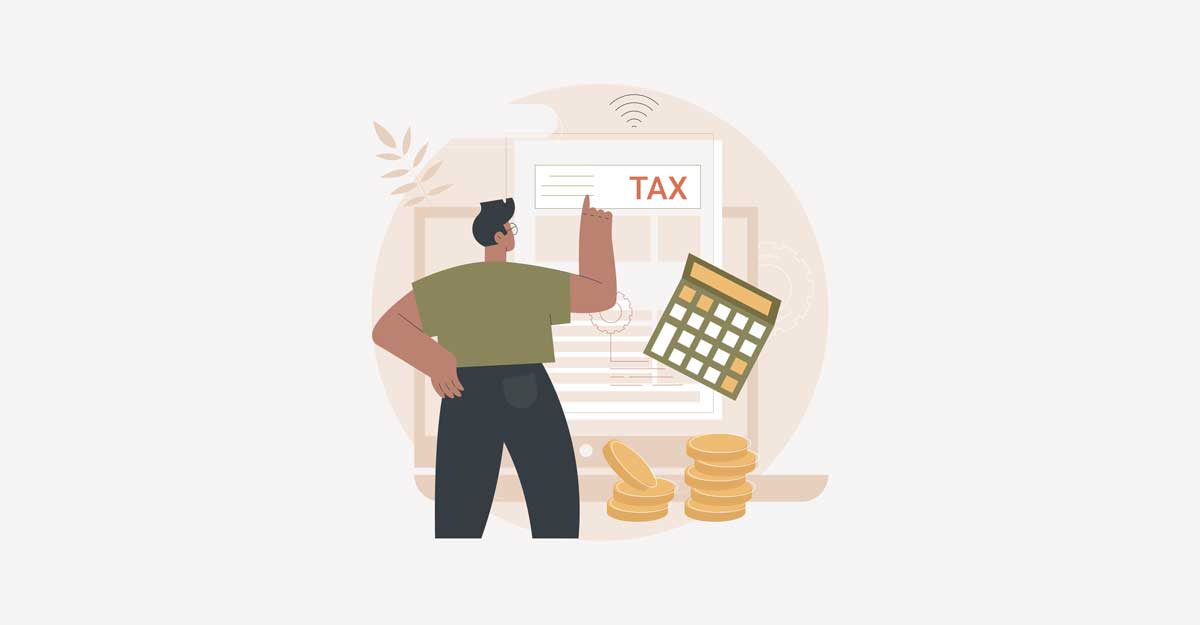As taxpayers, we all want to maximize our savings and minimize our tax liabilities. In Singapore, personal income tax planning plays a crucial role in achieving this objective. This article aims to provide comprehensive information on effective strategies for personal income tax planning in Singapore.
Understanding Personal Income Tax in Singapore
In Singapore, personal income tax is levied on an individual’s income earned in the preceding year. The Inland Revenue Authority of Singapore (IRAS) is the governing body responsible for collecting personal income tax in Singapore. Singapore’s personal income tax rates are progressive, which means that the more you earn, the higher your tax rate.
Effective Strategies for Personal Income Tax Planning in Singapore
-
Claim Tax Deductions and Rebates
Tax deductions and rebates are the most effective strategies for personal income tax planning in Singapore. Taxpayers can claim various deductions and rebates to lower their taxable income and reduce their tax liabilities. Some of the most common tax deductions and rebates in Singapore are:
- Employment Expenses: Taxpayers can claim expenses incurred while performing their job duties, such as transport, meal, and uniform expenses.
- Donations: Taxpayers can claim tax deductions for donations made to approved charities.
- Parenthood Tax Rebate: Parents can claim a tax rebate for their first, second, and third child.
- Qualifying Child Relief: Taxpayers can claim relief for their dependent children under the age of 16.
- Earned Income Relief: Taxpayers can claim relief on their earned income.
-
Opt for Tax Reliefs
Tax reliefs are another effective strategy for personal income tax planning in Singapore. Tax reliefs are special provisions that reduce a taxpayer’s taxable income, resulting in lower tax liabilities. Some of the most common tax reliefs in Singapore are:
- Supplementary Retirement Scheme (SRS): Taxpayers can contribute to SRS to reduce their taxable income and enjoy tax benefits.
- Earned Income Relief: Taxpayers can claim earned income relief for themselves or their dependents.
- CPF Relief: Taxpayers can claim relief on their CPF contributions.
- Life Insurance Relief: Taxpayers can claim relief for life insurance premiums paid.
-
Plan for Retirement
Planning for retirement is not only essential for securing your financial future but also a great strategy for personal income tax planning in Singapore. Taxpayers can use the Supplementary Retirement Scheme (SRS) to reduce their taxable income and enjoy tax benefits. Contributions made to SRS are tax-deductible, and the interest earned is tax-free until withdrawal.
-
Invest in Tax-Efficient Instruments
Investing in tax-efficient instruments is a great strategy for personal income tax planning in Singapore. Taxpayers can invest in instruments such as Singapore Savings Bonds (SSBs) and CPF Special Accounts (SA) to enjoy tax benefits. The interest earned on SSBs is tax-free, and the contributions made to CPF SA are tax-deductible.
In conclusion, personal income tax planning in Singapore is crucial for maximizing your savings and minimizing your tax liabilities. Taxpayers can use various strategies such as claiming tax deductions and rebates, opting for tax reliefs, planning for retirement, and investing in tax-efficient instruments to achieve this objective. By implementing these strategies, taxpayers can reduce their tax liabilities and achieve their financial goals.

